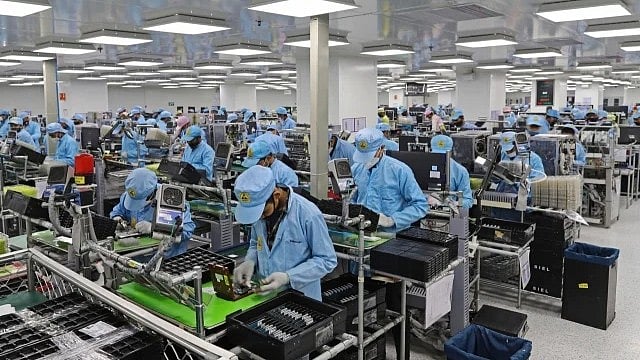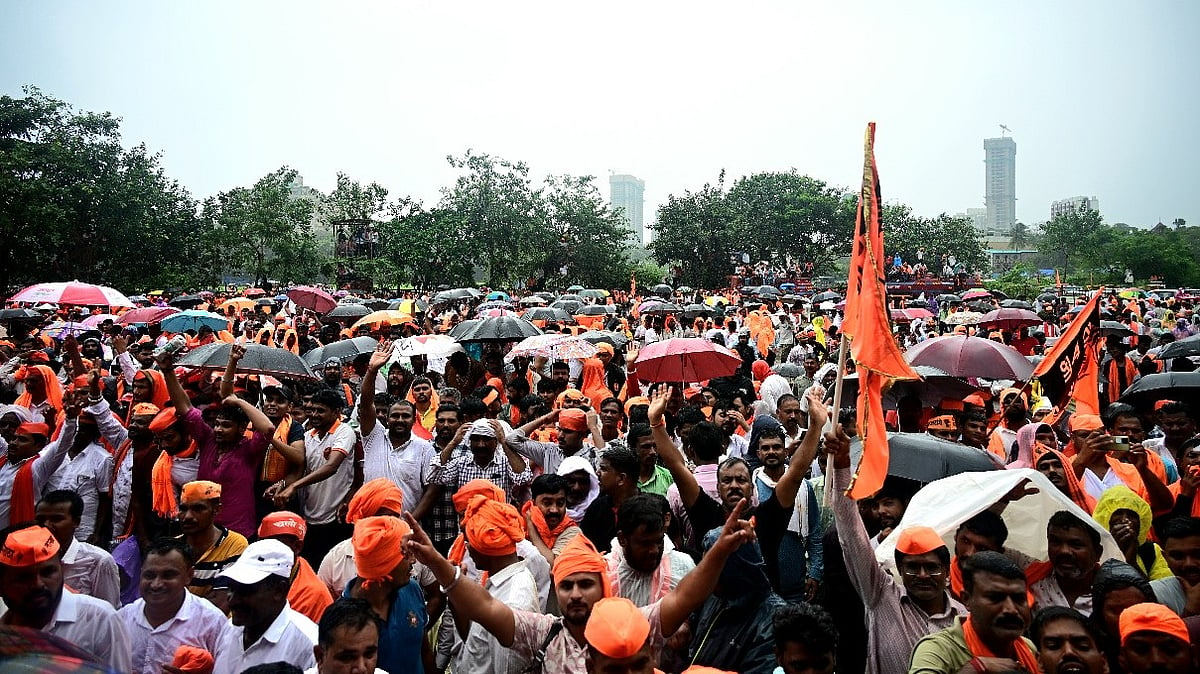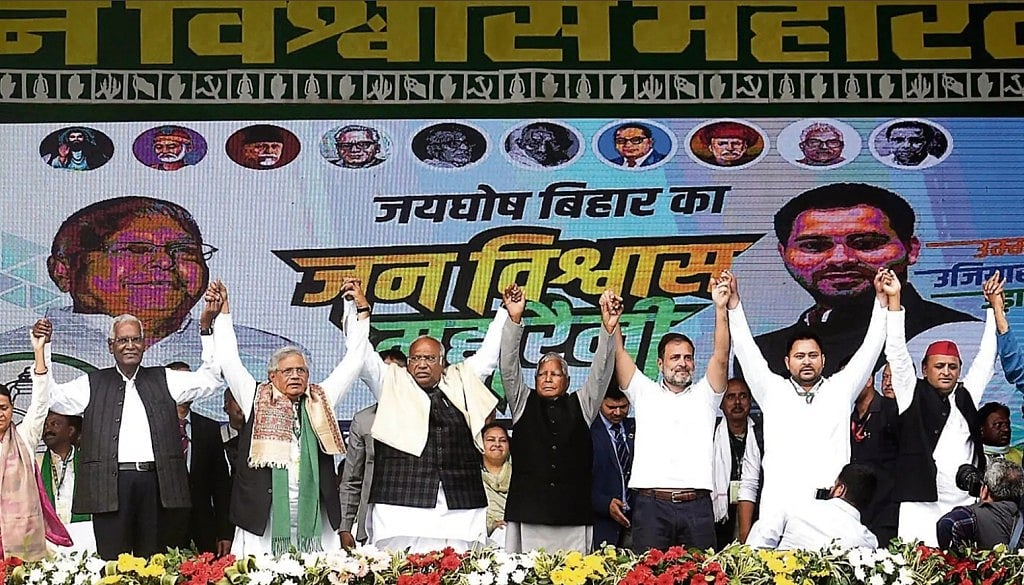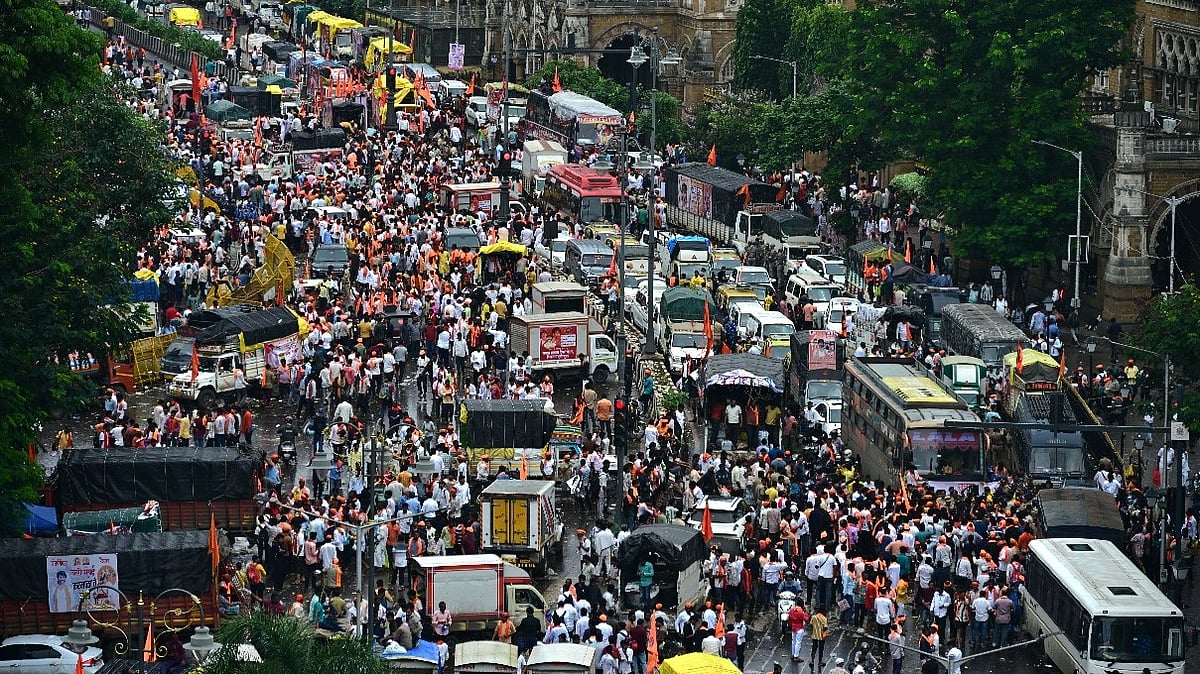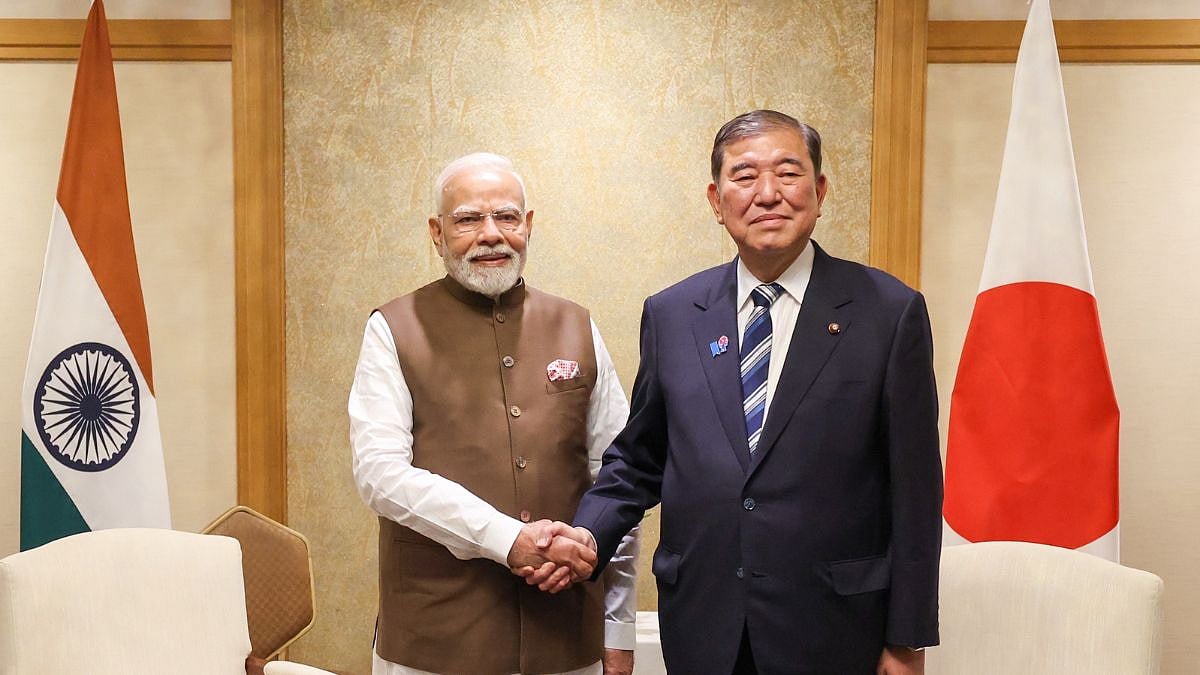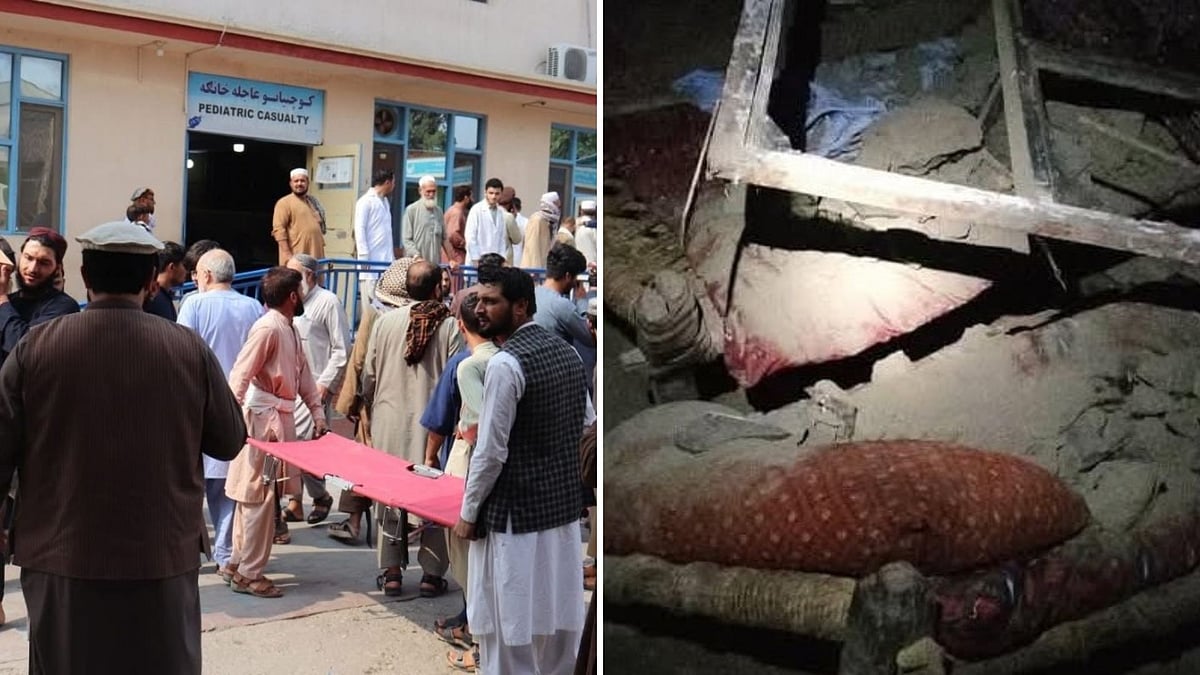Maharashtra has made a huge contribution to the education sector from pre-Independence days, and that continued for years after India attained freedom from British rule. However, today the functioning of the education system in the state has become questionable.
Maharashtra was in the forefront in terms of primary, secondary and higher education with the establishment of several schools, colleges and universities from before Independence. The state takes pride in the setting up of the first school for girls, started by Savitribai and Jyotiba Phule, the pioneers of women’s education in the state.
The state also has one of the oldest universities in the country, Mumbai University, previously known as Bombay University.
In terms of social justice and education, it can be said that the state took a very progressive step in the early 1970s by setting up ashram shala (boarding schools) for tribal children across the state. The ashram shala are meant to help and support tribal children, most of whom come from very poor and deprived families and stay in remote parts of the state. These ashram shala are free for the children, the entire cost of running the schools, including the salaries of the teaching and non-teaching staff, infrastructure, the study material for the students, their uniforms, lodging and boarding, comes from the state exchequer. These schools are run by the government as well as by approved voluntary organisations.
However, corruption is known to occur in most government schemes, whether of the Union government or of various states in the country and Maharashtra is no exception to it. It is often seen that schemes meant for the underprivileged or those in the remote parts of the country are soft targets for corruption, because a vast majority of the beneficiaries are illiterate and they do not have the wherewithal to complain against the corrupt. Even otherwise, most of them also feel obliged that the “mai-baap sarkar” is extending them the benefits, not realising that it is their right to the schemes and more, in a welfare state.
Unfortunately, complaints of corruption and mismanagement in a large number of such schools is commonplace. The complaints range from poor quality of food, provision of study material and uniforms, fatal accidents and worst of all, sexual exploitation of girl students.
It is a matter of shame that for years, there have been regular complaints about the food being served to the ashram shala students. It has been noticed that the foodgrains used for the meals of these children is often rotten or has maggots.
There have been several complaints of resident girls in such schools being sexually exploited by the staff. Every such act is deplorable, but it is the most condemnable, when it is committed by the custodian of the child.
What is also shocking is the number of deaths of the resident students over the last five and half years. According to an official data, 680 children residing in the ashram shala in the state have died between June 2017 and December 2022. This huge number of deaths is a great cause for concern. According to the official records, of these 282 died due to various illnesses. Even if the children have died of illnesses, the cause of the illnesses has to be probed and there is also need to check if proper medical facilities are available, at the ashram shala or in the vicinity, to handle regular treatment and medical emergencies.
The records also list 99 of these deaths as “sudden”, of which 14.82% are boys, which means the number of girls meeting the “sudden” death is very high. Other shocking and questionable data is the classification of the other deaths in various categories. Twelve girls and 45 boys have been reported dead due to accidents during the period and 46 children residing in the ashram shala in the state died by hanging, 45 by snake bite, 38 by drowning, 13 by poisoning and 12 due to electric shock. The deaths, and the reasons given for the deaths, are shocking and need thorough investigation. Prima facie, in most cases, there seems to be negligence and dereliction of duty by those responsible for the safety and security of the students in the ashram shala.
It is painful that legislators and politicians, who castigate the government over the condition of the ashram shala when in the opposition, fall silent when they become part of the ruling political party or alliance.
A chain of people should be held responsible for such a state of affairs, and there has to be a separate law to ensure the safety and security of the residents of the ashram shala and to make people at various levels accountable and punishable.
In cases of sexual harassment, not just the person committing the offence but even those in charge of the ashram shala should be liable for punishment. In case of the deaths in the categories listed, the administrators should be made liable for prosecution for death due to negligence.
Legislators, who draw fat salaries and equally fat lifetime pensions after the end of their term, are not accountable for any of their acts of omission and go scot-free when such incidents occur in society. Instead of wasting time in criticising their political detractors or often attending frivolous functions, legislators need to spend more time in ensuring that the welfare schemes for various sections of the society are properly implemented, without corruption or negligence.
In the absence of a law to make the law-maker accountable, it is left to their conscience to act in the larger interest of the society, rather than indulge in petty politics. Such behaviour cannot be expected from people who have “souls so dead”.
The author is a senior journalist and media trainer. He tweets at @a_mokashi


